On June 25, the Israeli cabinet capitulated to extremist pressure and froze its agreed-upon plan to develop an egalitarian worship space at the Western Wall (Ha-Kotel Ha-Ma’aravi). On the same day, it advanced a bill that would grant the ultra-Orthodox Chief Rabbinate exclusive control over conversions in Israel.
ARZA condemns both of these outrageous actions which, if allowed to stand, will cement the power of the ultra-Orthodox minority in Israel at the expense of Jewish unity and pluralism, undermine religious freedom in the State of Israel, and open a schism between Israel and world Jewry.
ARZA and the Reform Jewish movement celebrated the January 2016 agreement that promised investing in and constructing an egalitarian prayer space at Robinson’s Arch, just south of the existing Western Wall plaza, that would be equal in size and significance to the traditional Kotel prayer space. This was a milestone for compromise and unity; in Prime Minister Netanyahu’s words, it endorsed “One Wall for One People.”
Unfortunately, the compromise (that included the ultra-Orthodox Administrator of the Western Wall Plaza) was rejected by other religious extremists, who opposed any proposal that legitimates non-Orthodox Judaism. In the days following the agreement, extremist officials and the publicly funded Office of the Chief Rabbinate littered Jerusalem with placards calling for the “liberation” of the Kotel from the “demonic” machinations of liberal Jews, and threatened a coalition crisis for the government.
Prime Minister Netanyahu and his ruling coalition government’s succumbing to ultra-Orthodox pressure by halting the implementation of the Western Wall compromise is a tragic selling-out and betrayal of non-Orthodox Jews for the sake of political expedience, as vocal critics on the right and left have maintained. Reneging on the Kotel compromise is an abandonment of the principle of klal yisrael (Jewish unity) and a denial of the legitimacy of the majority of American Jews’ religious expression.
It is also a rejection of Zionism itself, which is premised on the idea of collective Jewish peoplehood as expressed by the Jewish state. These two decisions give preference to one extremist interpretation of Judaism over that of the majority, exacerbating a disturbing antidemocratic movement in Israel where religious freedom is endangered.
Some commentators have called these bills the trigger for American Jewry to abandon Israel. As the voice of Reform Zionism in America, we refuse this option: In fact, the reason for our outrage is precisely because of our movement’s deep and unending commitment to Israel. We fear that the extremist ideology expressed in the government’s action against the Kotel compromise and the conversion bill will drive Jews—especially the younger generation—away from Israel. We will continue to express our Zionist love for Israel by working for an Israel that reflects the vibrant tapestry of Jewish expression, free from religious coercion.
We call upon the Israeli government and Prime Minister Benjamin Netanyahu to resume their commitment to establishing a Kotel for all, and to reject the conversion bill that would hand more unfettered powered to the ultra-Orthodox political parties and Chief Rabbinate. We call upon synagogues in every religious stream, Federations, and all Jews to demand that Israel enact measures to be open and inclusive to all forms of Jewish expression in the face of antidemocratic forces from within the government and society at large.
Israel must remain true to its founding Zionist vision expressed in its Declaration of Independence: “[Israel] will ensure complete equality of social and political rights to all its inhabitants irrespective of religion, race or sex; it will guarantee freedom of religion, conscience, language, education and culture.”
It is a sad irony that in the 21st century, Israel remains one of the few remaining places where Jews cannot express their religious freedom. For the sake of Zion, we cannot remain silent; even in the face of this betrayal, we remain committed in love to building Israel based on our people’s ideals of freedom, inclusion, and democracy. 
Rabbi John Rosove Rabbi Josh Weinberg
ARZA Board Chair ARZA President |
|
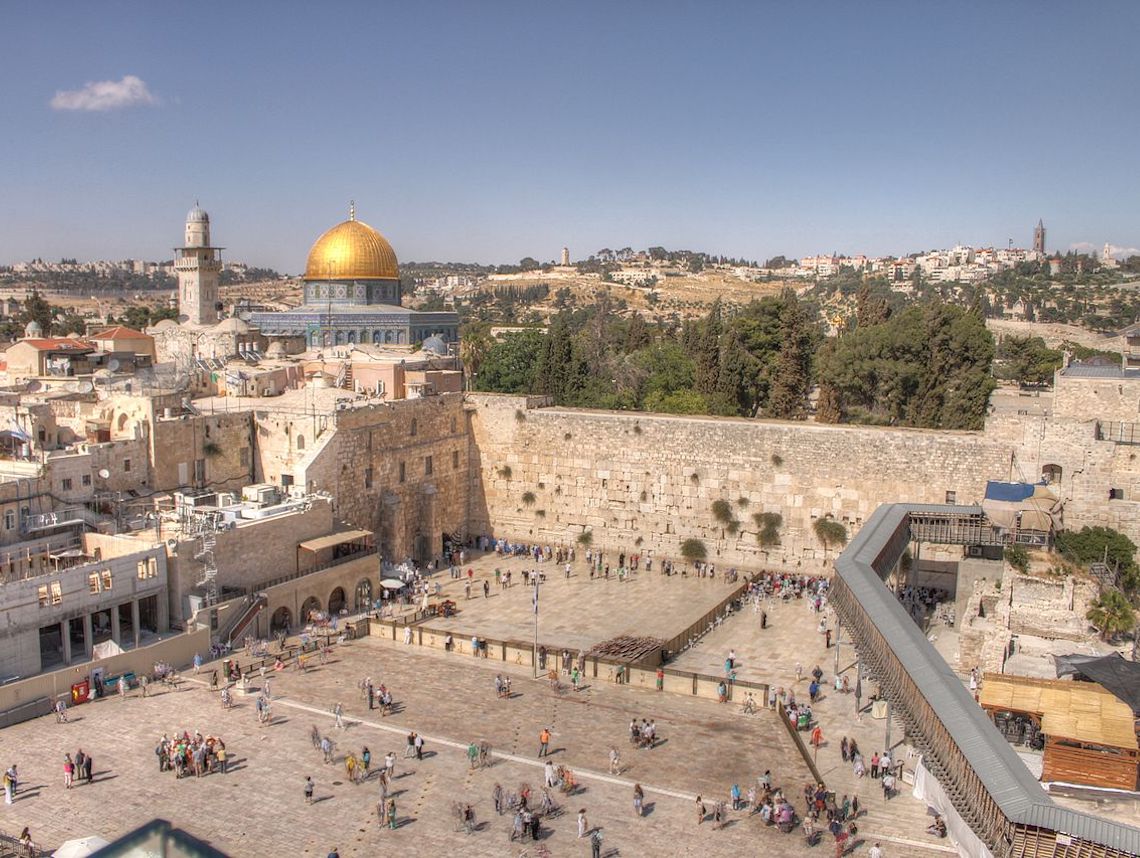












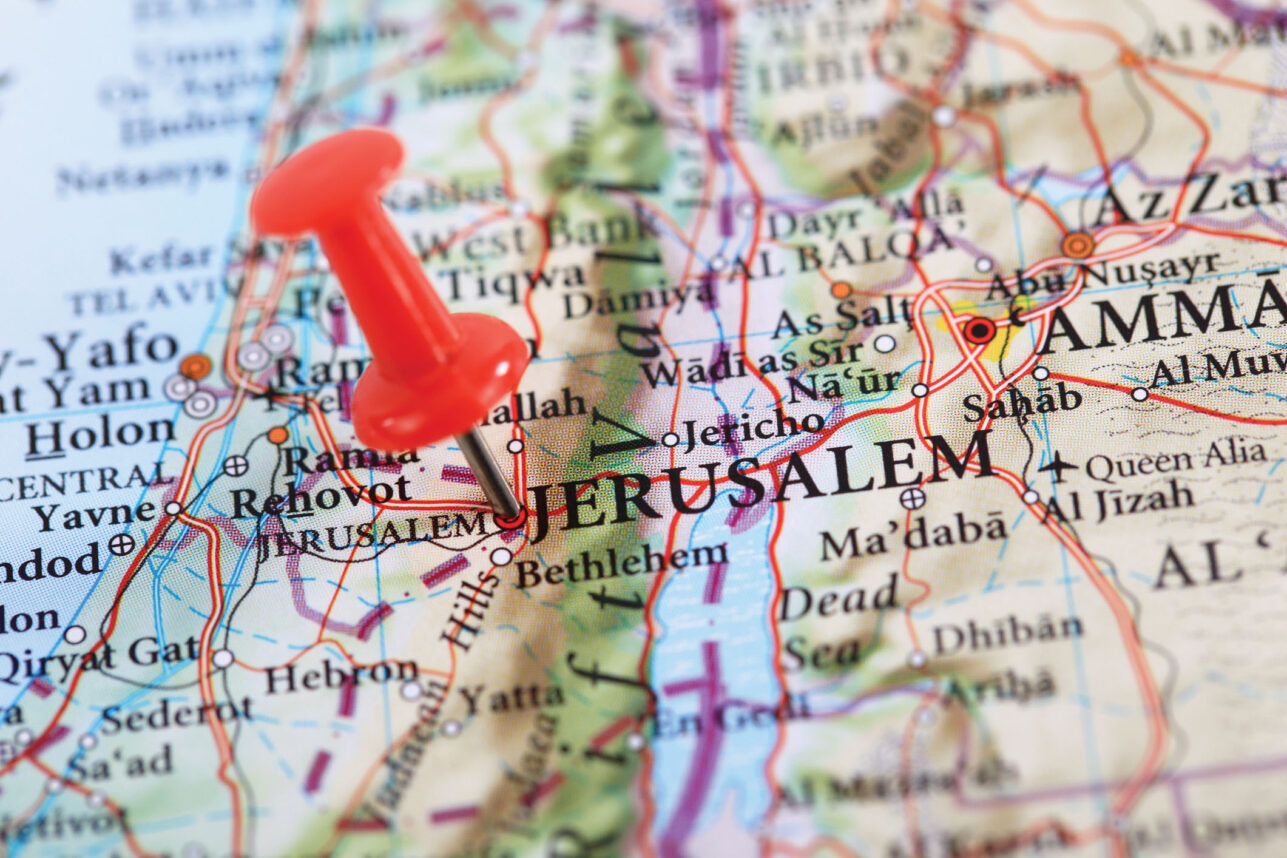
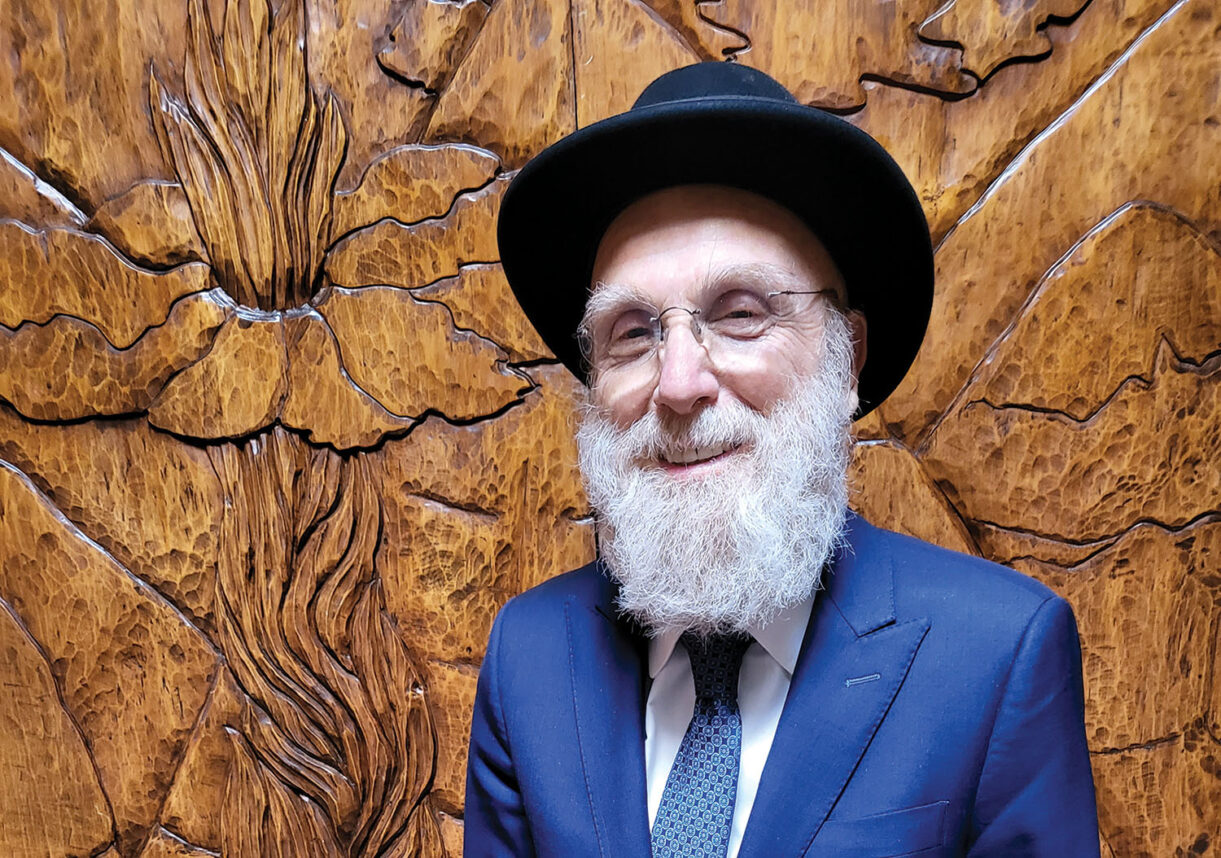
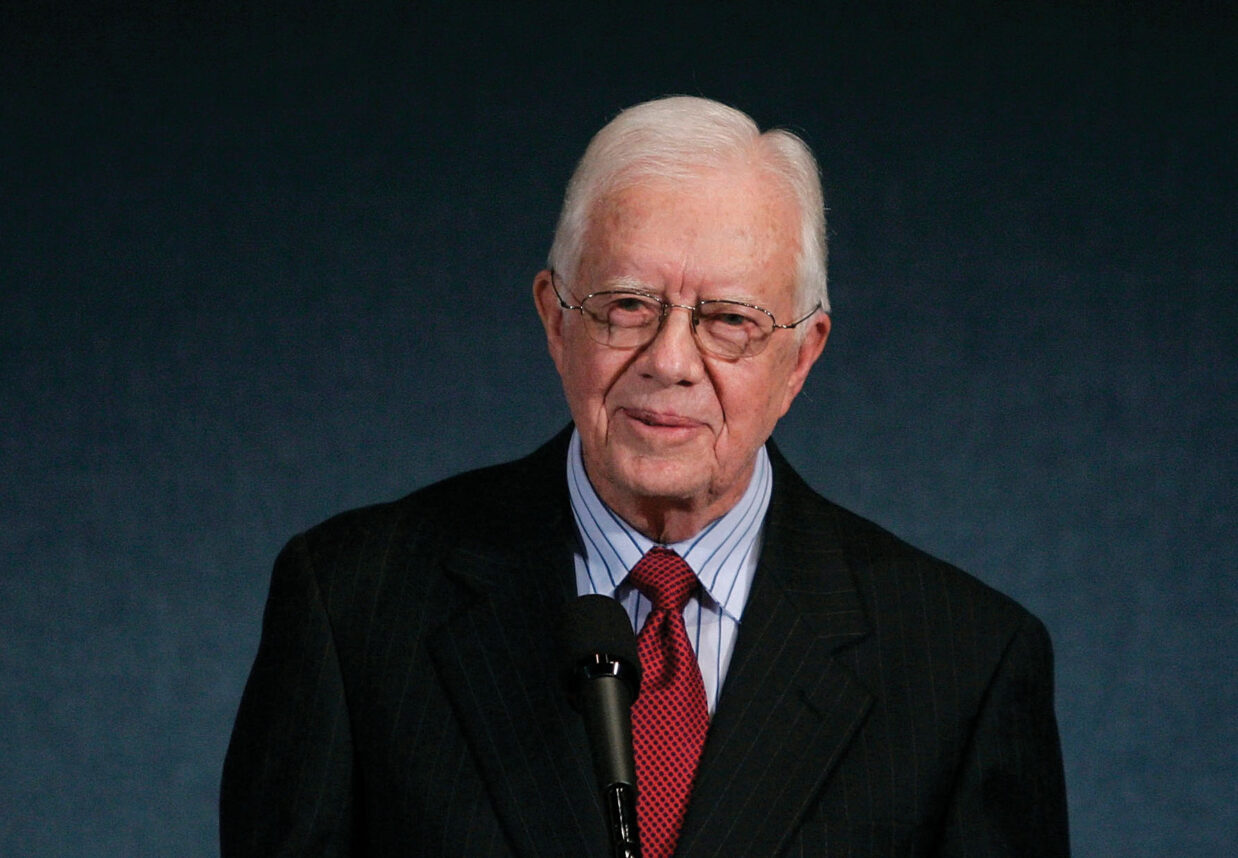

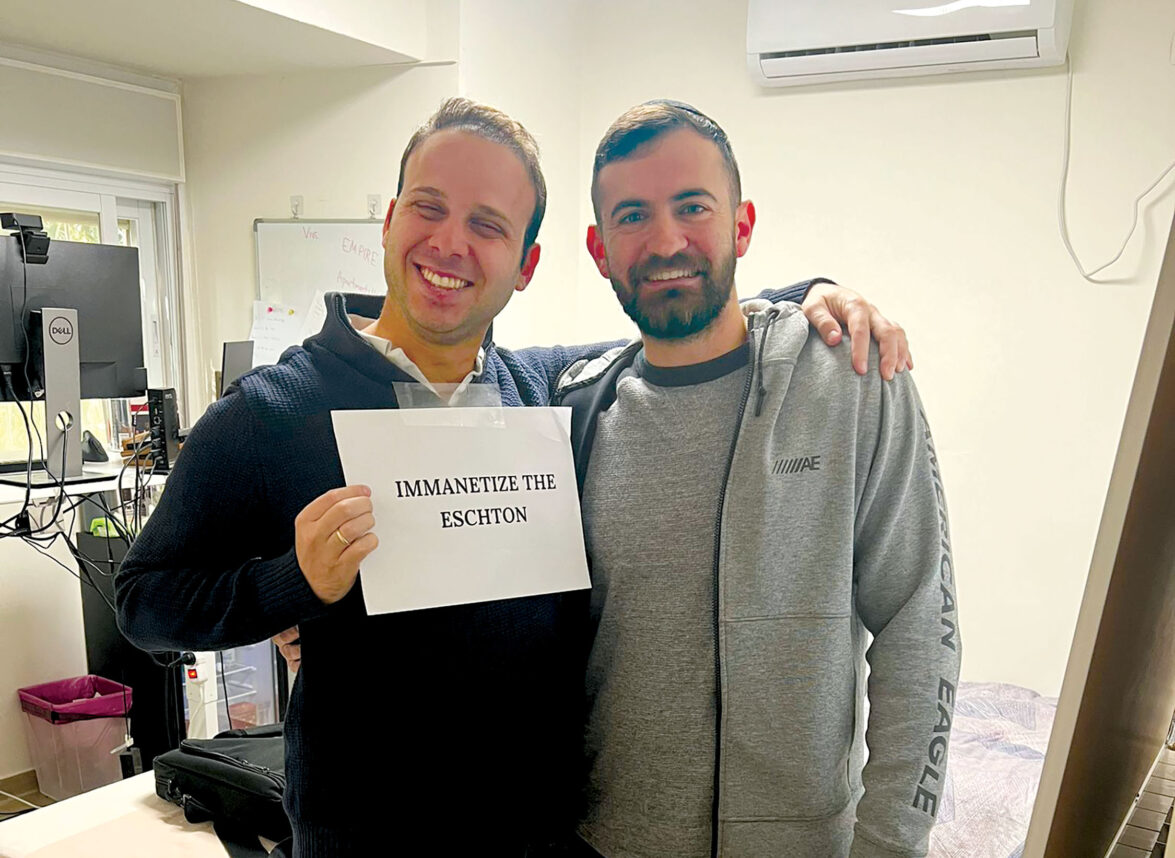



 More news and opinions than at a Shabbat dinner, right in your inbox.
More news and opinions than at a Shabbat dinner, right in your inbox.